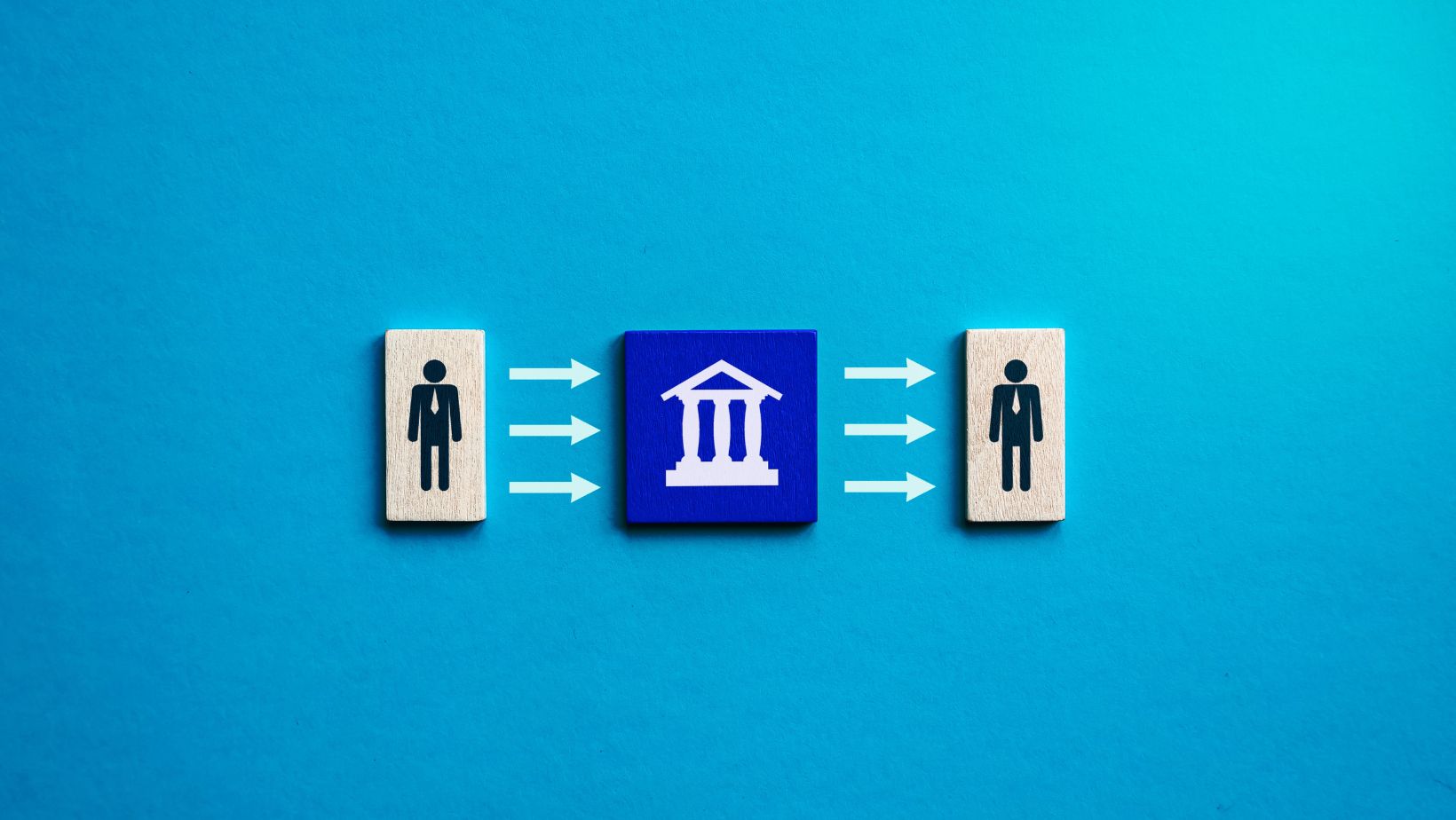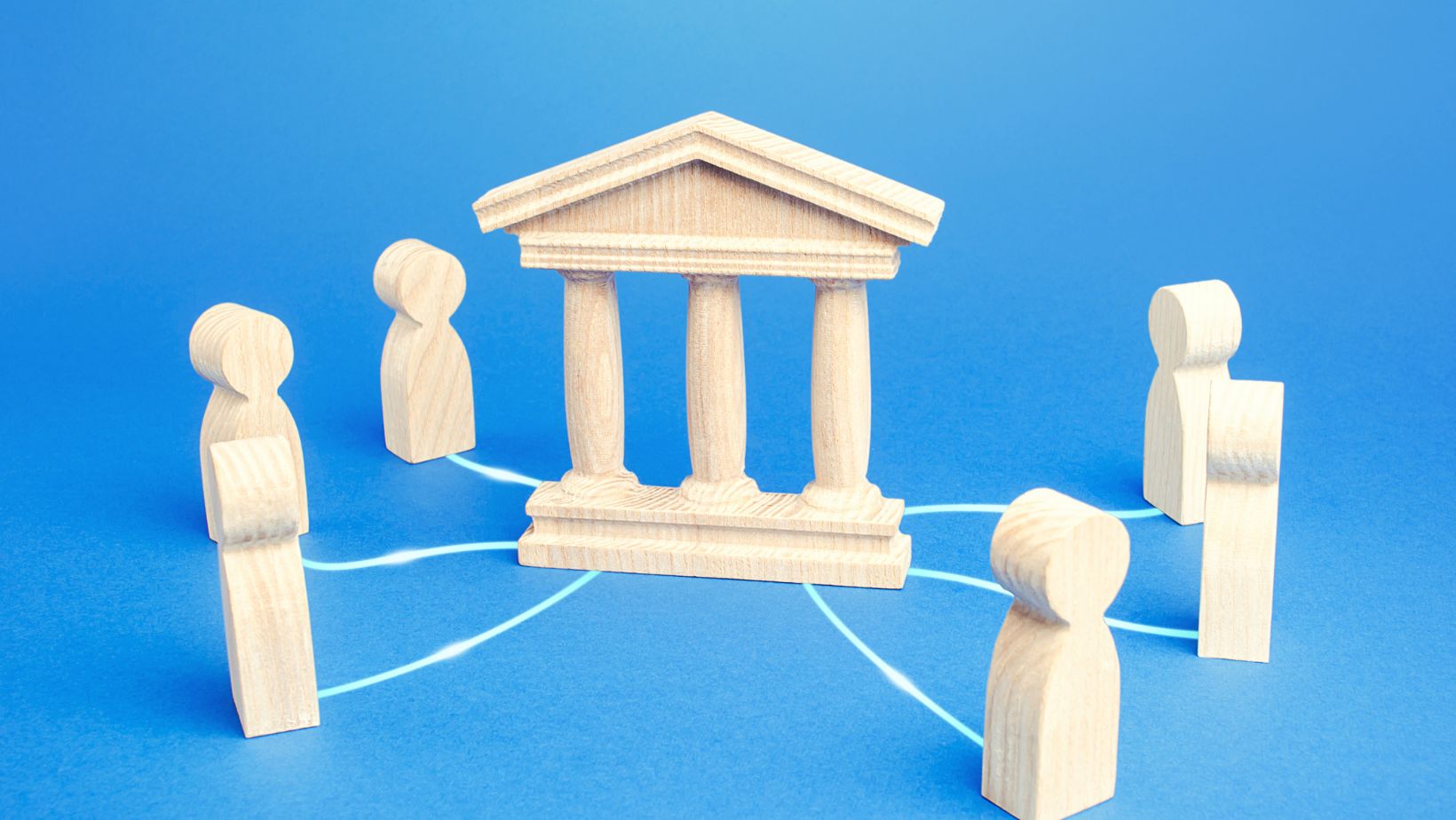
When it comes to relationships, there are countless opinions and theories about what makes them work or fail. But which of these statements hold true? In this article, I’ll delve into the most common beliefs about relationships and separate fact from fiction. Whether you’re single, in a new relationship, or have been with your partner for years, understanding the dynamics of a healthy relationship is crucial for long-term happiness. So, let’s explore some of the most intriguing statements about relationships and discover the truth behind them.
Have you ever wondered if opposites really attract, or if absence truly makes the heart grow fonder? Well, you’re not alone. In this article, I’ll tackle some of the most debated statements about relationships and shed light on whether they hold any truth. By the end, you’ll have a clearer understanding of what it takes to build a strong and fulfilling partnership. So, let’s dive in and uncover the reality behind these relationship myths.
Which of the Following Statements About the Relationship Between an Institution
In the realm of relationships, it is often said that opposites attract. But is there any truth to this commonly held belief? Let’s dig a little deeper and separate fact from fiction.
Fact: While it’s true that some couples may have different personalities or interests, it’s important to acknowledge that compatibility plays a significant role in relationship satisfaction. Relationship experts suggest that having some shared values, beliefs, and goals can contribute to long-term happiness. This doesn’t mean that you and your partner need to be identical in every way, but having some common ground can help foster mutual understanding and support.
Fiction: The idea that opposites attract solely based on different personalities or interests is not entirely accurate. It’s important to consider the long-term implications of being with someone who has opposite traits or behaviors. For example, if one partner is an extrovert and the other is an introvert, it may lead to challenges in communication or how you both socialize. While some differences can be complementary, others may create friction if not managed properly.

Does absence make the heart grow fonder?
Being away from our loved ones can be challenging. We often wonder if distance can actually strengthen our bonds or if it leads to drifting apart. In this section, I’ll explore the statement that absence makes the heart grow fonder.
The reality is that absence can indeed play a role in strengthening relationships, but it’s not as simple as it may seem at first. Here are a few key points to consider:
- Space for personal growth: Absence can provide individuals with the opportunity to grow independently. It allows us to focus on ourselves, pursue personal goals, and gain new perspectives. When we come back together, we bring these experiences and personal growth into the relationship, which can contribute to a deeper connection.
- Appreciation for what we have: When we’re apart from someone we care about, we may start to realize how much they mean to us. Absence can create a sense of longing and missing the presence of our loved ones, which in turn, can increase our appreciation for them. It serves as a reminder of the value they bring to our lives.
- Enhanced communication: When we’re physically apart, we often rely more on communication to stay connected. This can lead to an improvement in our communication skills and a deeper understanding of each other. We learn to express our feelings more effectively and value the time we have to communicate.
- Building trust: Absence can also be a test of trust in a relationship. It requires a certain level of trust and confidence in our partner to navigate the challenges of being apart. Successfully managing the distance can strengthen the trust between partners and reinforce the bond.
While absence can have positive effects on a relationship, it’s important to note that it’s not a guarantee for a stronger bond. It depends on the individuals involved, their communication skills, and the overall health of the relationship. Neglecting the relationship or using absence as an escape can be detrimental.
Absence can indeed make the heart grow fonder, but it’s not a magic solution. It can provide opportunities for personal growth, appreciation, improved communication, and building trust. However, maintaining regular and meaningful connection is equally important. Striking a balance between independence and togetherness is crucial for a healthy and fulfilling relationship.






